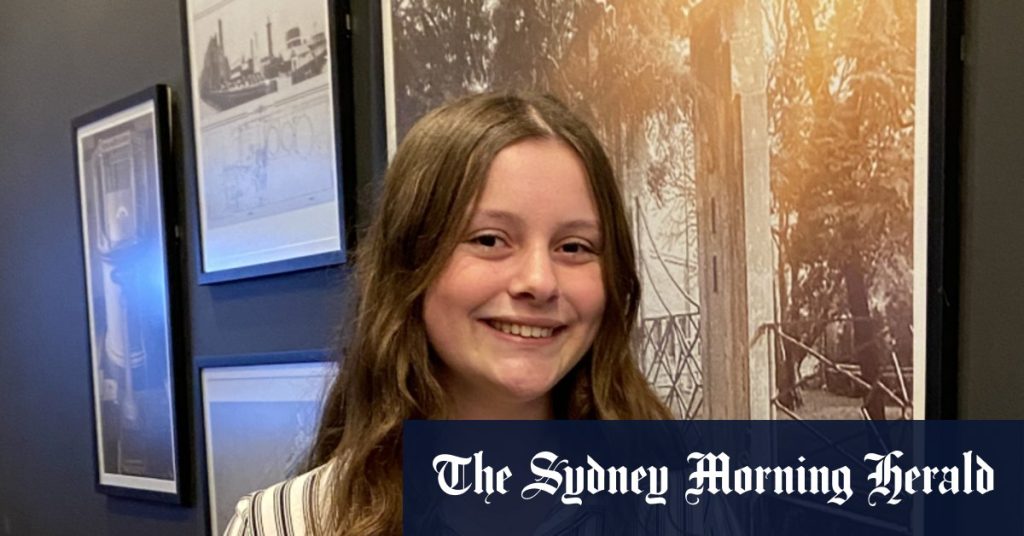The Queensland Museum is currently engaged in repatriation efforts, with a team dedicated to the task. However, there is currently no legislation in place that mandates the return of Indigenous objects and remains, leaving the decision to the discretion of the museum board. Not all Indigenous objects and remains held by the museum are available for public viewing. As of now, the museum holds 1380 sacred objects and skeletal remains, an increase from the previous year. Legislation changes are being proposed to ensure that museums have set guidelines for the return of these items to their respective communities, with the decision ultimately resting with the elders. The Youth Aboriginal and Torres Strait Islander Partnerships Committee is set to meet with museum representatives to discuss their proposal and advocate for more transparency in the museum’s reporting on such artefacts.
The proposed legislation aims to make returning remains and sacred objects to Indigenous communities a discretionary rather than mandatory practice, allowing elders to decide whether they want the items stored on their behalf. The committee is advocating for more transparency in reporting from the Queensland Museum regarding the status of objects and what steps are being taken to return them to their rightful owners. The focus is on consultation with Indigenous communities and making efforts to repatriate items if requested by the communities. The committee recently attended an Indigenous women’s leadership forum to better understand the concerns and hopes of Indigenous communities for the future, with the goal of ensuring that the museum consults with communities and makes an effort to repatriate items when requested.
Youth parliament bills can sometimes become law, with past examples including legislation on revenge porn and the introduction of a 100-hour learner driver diary. The proposed legislation to address the repatriation of Indigenous objects and remains has the potential to become law if it is specific and clear in its objectives. The committee is hopeful that by being clear about their goals and engaging in meaningful consultation with stakeholders, they can increase the likelihood of their proposal being approved and enacted into proper legislation. This process is seen as a way to ensure that Indigenous communities have a say in the return of their cultural artefacts and remains.
The Queensland Museum’s current repatriation efforts are driven by a team dedicated to the task, but there is a lack of legislation mandating the return of Indigenous objects and remains. The decision on repatriation currently rests with the museum board, leading to calls for legislative changes to establish guidelines for the return of these items to their communities. The proposed legislation seeks to empower Indigenous elders to decide whether objects should be returned or stored, based on community desires. The Youth Aboriginal and Torres Strait Islander Partnerships Committee is advocating for more transparency in the museum’s reporting on artefacts and the steps being taken to repatriate them. By engaging in consultation and advocating for community input, the committee hopes to ensure that the museum consults with communities and makes efforts to return items when requested.
The proposed legislation on repatriation of Indigenous objects and remains is a specific and focused effort aimed at increasing transparency and consultation with Indigenous communities. By emphasizing clear objectives and consultation with stakeholders, the committee believes that the proposal has the potential to become law, building on the success of previous youth parliament bills that have been enacted. The committee’s engagement with Indigenous communities and advocacy for their input in the repatriation process reflects a commitment to honoring Indigenous rights and preserving cultural heritage. The proposed legislation represents a significant step towards ensuring that Indigenous communities have a voice in decisions regarding the return of their cultural artefacts and remains, highlighting the importance of consultation, transparency, and community empowerment in the repatriation process.


